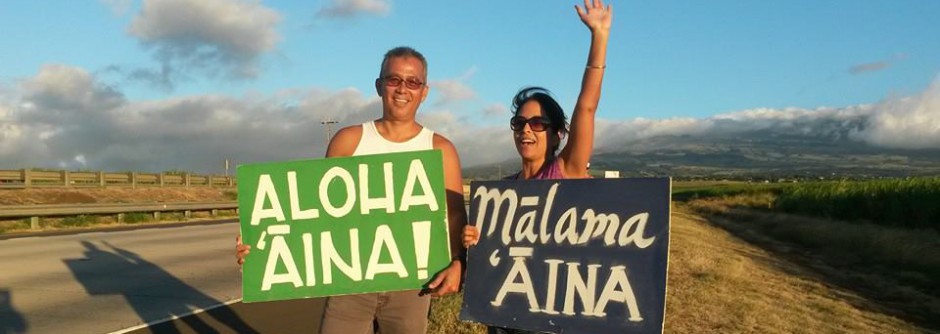Due 2/5/2015
Task: You will interview an adult members of your family (any side, any ethnicity) At least one must be of your grandparents’ generation. The other can be of the parent generation.
Format: Video recording with basic editing (see below).
Other requirements:
- Title – Should include name of interviewee and interviewer. Date. Place.
- Transfer to format accessible for easy viewing. DVD (best), SD card or flash drive (OK).
- Save for posterity. How you save it is up to you but remember that the interview will one day be an important historical record for your ʻohana.
Questions: Ask the list of basic questions that will be provided but as the interviewer you are free to follow the flow of conversation asking relevant follow up questions. You should be engaging in a real conversation with that person. The only difference is that you are recording it.
Protocol:
- Be sure the person being interviewed agrees to being recorded.
- Make them feel comfortable by telling them how it’s being recorded, what it’s for & the types of questions to expect.
- Choose a quiet setting. Light. Check the setting. Turn off tv and other background noise.
- If there are others in the room, introduce them too.
- Give an introduction of yourself to the camera then of the person and their relation to you. (Aloha. I’m so & so and today I will be interviewing my gma or whoever.)
- Tell them that you have a set of questions but feel free to expand on anything you want.
- As the interviewer, try not to be robotic. Don’t be afraid to follow up with comments or questions that are not on the list.
- Give them a big mahalo when pau.
Length: There is no minimum or maximum. You should ask all of the questions on the list but let it be a natural conversation.
Interview Questions
What is your full name? (Ask for maiden name if a wahine)
Tell me about your parents. (Names & what they were like as parents)
What can you tell me about your grandparents? (Make sure to get names.)
Do you know anyone older? Great grandparents?
Do you have any siblings? Names?
Are you married? Name. Years married.
Do you have kids? Tell us about them.
When were you born?
Where were you raised? How is it different today?
What were you like as a kid?
What did you do for fun as a teenager?
What schools did you attend?
What did you do for a living?
Did you have any other jobs?
Have you traveled outside of Hawaiʻi? Outside of the country?
What is a happy memory for you?
Who was the biggest influence on your life?
What do you think of today’s generation? How is it different from yours?
What do you value most?
If you could do it all over again, what would you do differently?
What would you like to say to the future generations of family members who will see this interview one day?
